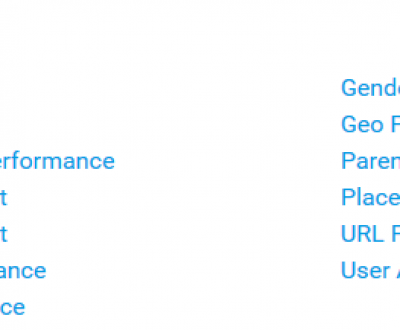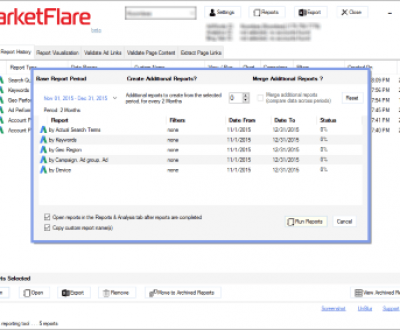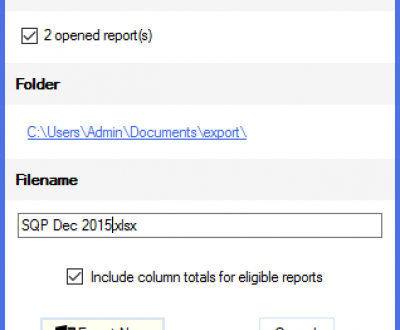True Content Affiliate Promotions – Beyond Affiliate PPC Arbitrage
Exclusive Affiliate Promotions and Policy to Mitigate Affiliate PPC Arbitrage
Are you a Manufacturer or Publisher that is trying to sell direct while also growing a network of active Affiliates?
In general, affiliates need exclusive promotions and your channel and direct e-commerce also need exclusive promotions. The challenge is to carefully define and mix up these promotions so that the various promotions do not conflict with or detract from each other.
Do your Affiliates offer a reach into unique networks and communities of customers? If they are driving most of their transactions through PPC with Affiliate arbitrage, then their value to your company is debatable.
What is Affiliate PPC arbitrage?
This is basically when Affiliates are buying traffic (Pay Per Click) at a particular price and then converting that traffic to sales at such a rate that they make money. Sometimes Affiliates will convert that traffic within their own targeted landing pages, and sometimes they will send traffic direct to the e-commerce site or shopping cart (direct PPC arbitrage). The general idea and goal of PPC arbitrage is to figure out the average $ earning from each visitor, and to buy sufficient quality traffic at such a $ rate so that the arbitrage venture is profitable.
Having Affiliates who do arbitrage usually hampers your company PPC efforts because they are bidding against you. Also, if you do not have an Affiliate Policy that addresses branding and messaging, then Affiliates can quickly and effectively damage your brand reputation. Furthermore, Affiliates who do direct PPC (with your company URL as the Display URL) can actually supplant your Ads so that your company Ads will not show. The largest concern is with your bottom line – probably your PPC-derived revenue costs less than your Affiliate derived revenue. Naturally you want to protect your PPC derived revenue and this is why we need to discuss Affiliate program management and Affiliate compliance policy.
Affiliate Program Management
Work must be done on the Affiliate management side to cultivate relationships with various breeds of affiliates, and to structure an Affiliate program that limits Affiliates to engage with only certain PPC networks and/or to use specific keywords.
For example, a usual Affiliate PPC management strategy is to allow affiliates to offer exclusive $ or % off coupons and to bid only non-branded keywords, and/or specifically only on “coupon” or “discount” related keywords. You know specifically which keywords provide the highest Return on Ad Spend (ROAS) right? Then be sure you have maximum Impression Share and CTR on those, and do some analysis before relinquishing that low hanging fruit to Affiliates.
Does your company have an Affiliate Compliance Policy in place that at least addresses keywords, bidding levels, ad messaging, and direct linking?
The best value of from Affiliates is realized when they are tapping into their own community. For example, Super Affiliates such as Fatwallet and SlickDeals can enable exposure for your brand and product offers with a focus and magnitude that would be difficult to accomplish with PPC efforts.
Who are Super Affiliates?
These are Affiliates that generate at least $1,000/month in revenue for your company. Maybe $1,000/month is not so super, but this seems to be the rule for earning that moniker.
Affiliate Promotional Strategy
Here we’ll share a specific Affiliate promotional strategy.
- 10 days in advance, the Affiliate channel gets an exclusive, high-incentive offer – $20 off coupon, for the “super sale” on a unique bundle or SKU.
- Why a unique bundle? A potential problem with this type of offer is that when Affiliates publish it, then it will persist online for all eternity and show up in Natural Search. It could create an expectation from customers that they could get this type of offer in the future your usual product. By offering a unique SKU and tying the promo to a useful marketing message, there is protection against eroding the value of the product and at the same time a positive use for SEO
- The Affiliates are not given a coupon code, but rather a link to a “super sale” landing page that will be enabled at a particular time in xx days – 8am PST Friday morning (or whenever).
- Meanwhile offer your product at the usual price; if you offer a trial version of your product, then users can still use the product now, then buy it later during the one time, limited offer (there is a limited quantity available at that price).
- On the day of the super sale, after the allocated qty is sold, then update the page to show this “super sale” has ended, and of course merchandises other products.
- Affiliates can still earn based on the client cookie for some number of days.
In this case the affiliates are not likely to be active with PPC (because they can’t convert right away), but to create awareness at their affiliate site, forum, or wherever they publish, instructing people to visit the “super sale” page at a particular time. They might do PPC marketing, but only on a particular day for a few hours until the promo is over.
There is growing interest in hot deals and daily deals. So, what is a hot deal? A good way to test if it is warm and worth merchandising as a special is simply to ensure it is at least 10% lower than any other online price (Amazon, Buy.com…). If your product is a commodity type of product then it might not be considered as a hot deal unless it is 40% off.
Building A Network of True Content Affiliates
Managing Affiliate promotions can certainly be tricky business. A challenge now seems to be in figuring out how to move from relying on Affiliate PPC arbitrage related revenue to what we call True Content Affiliates who are publishers (Blogs, article marketing, Social Media). The type of promotional strategy described above is interesting for True Content Affiliates, and engaging and activating a network of True Content Affiliates should be a part of any Affiliate Network marketing strategy.
More from our blog
See all postsRecent Posts
- What are Google Google Ads Multi Attribution Reports? March 29, 2016
- Automated Google Ads Reports & More January 16, 2016
- Google Ads & Bing Ads to Excel Export January 14, 2016
Leave a Comment cancel
This site uses Akismet to reduce spam. Learn how your comment data is processed.







